
Fear of facing discriminatory behavior within the health care system, along with other factors, may keep members of the LGBTQIA+ community from receiving cancer diagnoses.

Fear of facing discriminatory behavior within the health care system, along with other factors, may keep members of the LGBTQIA+ community from receiving cancer diagnoses.
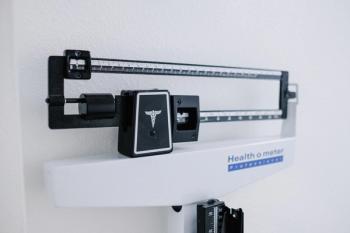
Determining body composition – a more nuanced approach to predicting survival outcomes in patients with breast cancer – may be a more accurate indicator than BMI, according to one study.
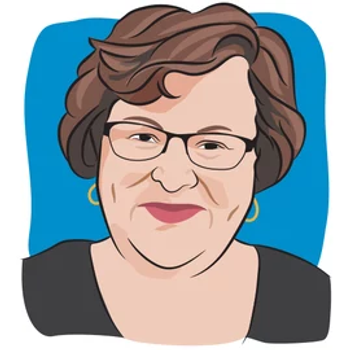
Whether you expect it to or not, what goes around comes around when it comes to life and dealing with cancer, explains a breast cancer survivor.
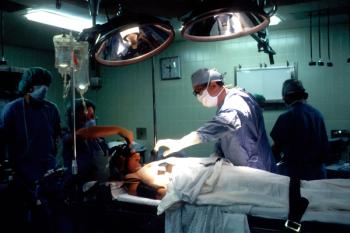
Although many women with breast cancer report being satisfied with their decision to forgo reconstruction after a mastectomy, some indicate a lack of support from their surgeon as well as limited information on their options.

From the cancer diagnosis of Governor Ron DeSantis’s wife to the trial results in favor of Bayer over claims that Roundup has caused cancer, here’s what’s happening in the cancer landscape this week.

Side effects from early-onset menopause from medical treatments may be mitigated with hormone replacement therapy.

Three experts discuss an intervention strategy to improve the lack of communication between minority women and their cancer care teams.

Different breast implant options and potential complications may make the reconstruction process difficult to understand, but one expert discusses the importance of knowing what you want and hopefully avoiding postsurgical issues.

A mother of a breast cancer survivor expresses the constant worry she lives with, wondering if cancer will wreak havoc on her daughter’s life again.

Drugs like PARP inhibitors, immunotherapy and antibody-drug conjugates are making a great impact on the treatment of patients with several subtypes of breast cancer.

A breast cancer survivor explains that many people deal with long-term emotional trauma as a result of their cancer experience and argues that more should be done to address it.
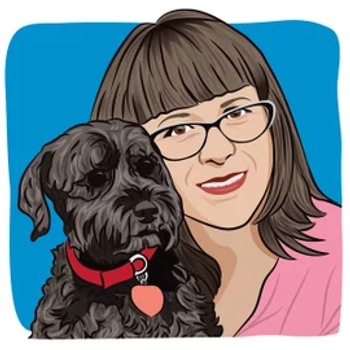
This October it’s important to put your money towards breast cancer research or brands that are transparent in their support of research, prevention and awareness, explains a woman with metastatic breast cancer.

A cancer survivor writes about the traumatizing experience of undergoing mastectomy, dealing with her partner’s hurtful comments about her body and how she was able to rebuild her dignity.
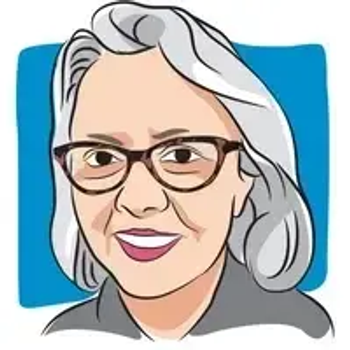
How does COVID-19 vaccine hesitancy relate to fear of mammograms for breast cancer? A cancer survivor explains the connection.

The combination is the first in advanced or metastatic breast cancer to have a survival benefit extending over five years.
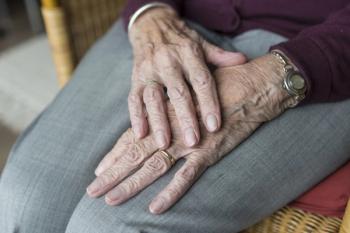
The prescription of systemic cancer therapies varies based on a patient’s age, comorbidities, cancer stage and other variables, according to recent research.
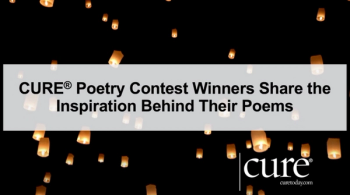
The CURE® Poetry Contest winners explain what inspired each of their poems, from the death of a friend and oncologist who treated one survivor’s cancer to the emotional experience of losing hair during treatment.

Coronary artery disease was far more common in young women with breast cancer who had radiation to their left breast than in those who had it to their right.

A woman describes how caring for her mother, who has stage 4 metastatic breast cancer, drastically changed her life and her priorities.

A mother and cancer caregiver expresses her frustration over the lack of breast cancer screening in young women and explains how catching cancer early saved her daughter’s life.

The eligible age of 65 years for Medicare may be discouraging patients from getting screenings and tests as they wait for more health coverage.

The overgrowth of fungi could cause the immune system to stop fighting cancer, according to a study.

From Senator Amy Klobuchar’s breast cancer experience to a 14-year-old survivor’s charity work for other children with cancer, here’s what’s happening in the cancer landscape this week.
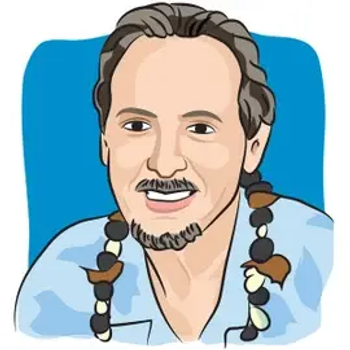
A male breast cancer survivor asks, “How far are we willing to go for our cause?” He describes the advocacy work of two women who lost loved ones to male breast cancer.

Moderate-to-vigorous exercise before and during chemotherapy for breast cancer may help with cancer-related cognitive decline, highlighting the importance of physical activity throughout treatment.